Discover how having an Employer of Record (EOR) in Philippines helps businesses hire employees quickly & efficiently so you can expand your business smoothly without interruption

This is a common struggle for many high growth companies due to the language barriers, cultural differences and the complex, ever-changing employment laws. Look no further than our employer of record solution.
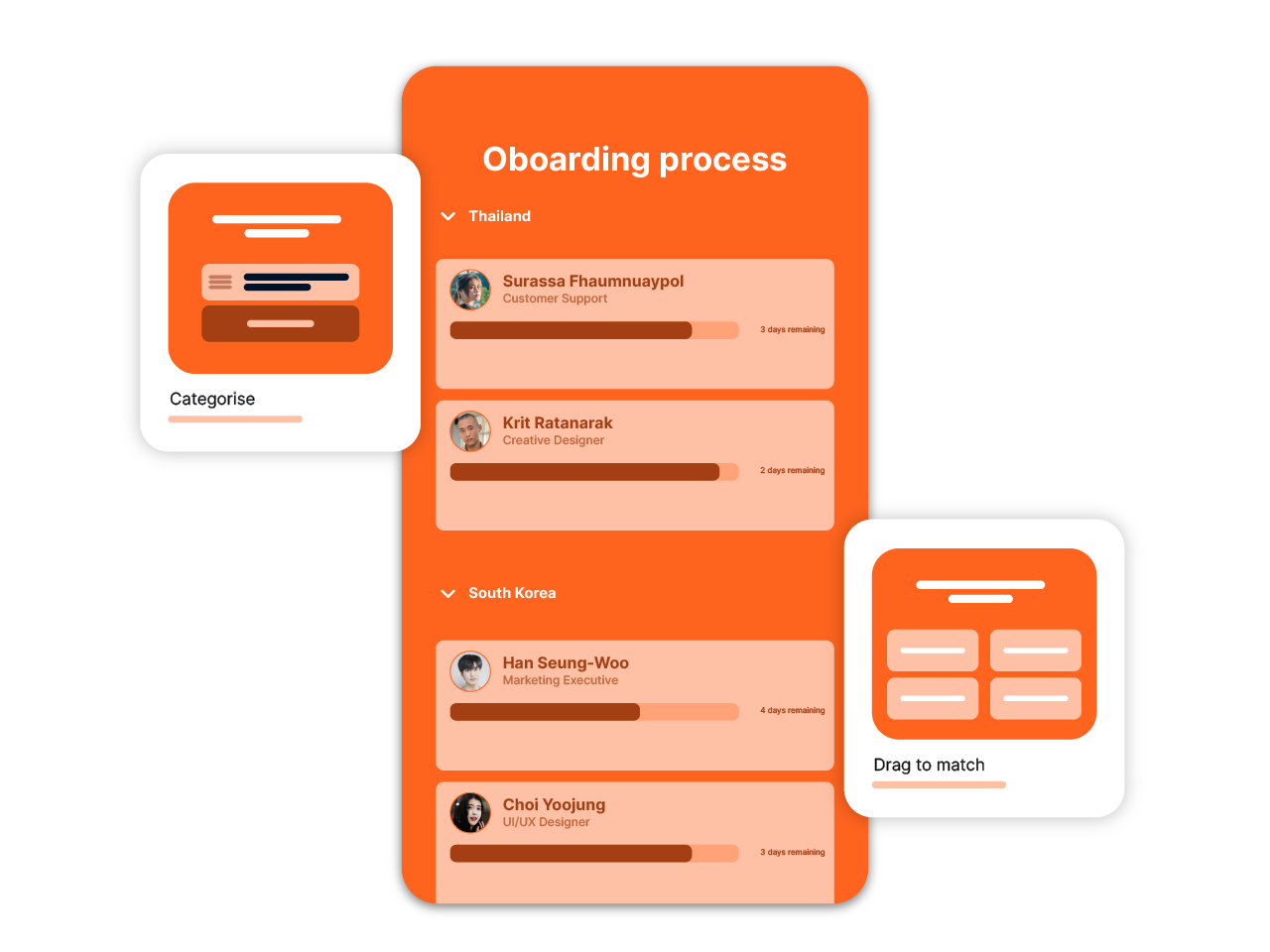
Sit back while focus on your core business while we take care of the rest.
Got a great business idea and looking to hire employees in Philippines? AYP Group (AYP) has got your back! Our Philippines EOR helps you hire employees quickly and efficiently, so you can focus on your business goals.
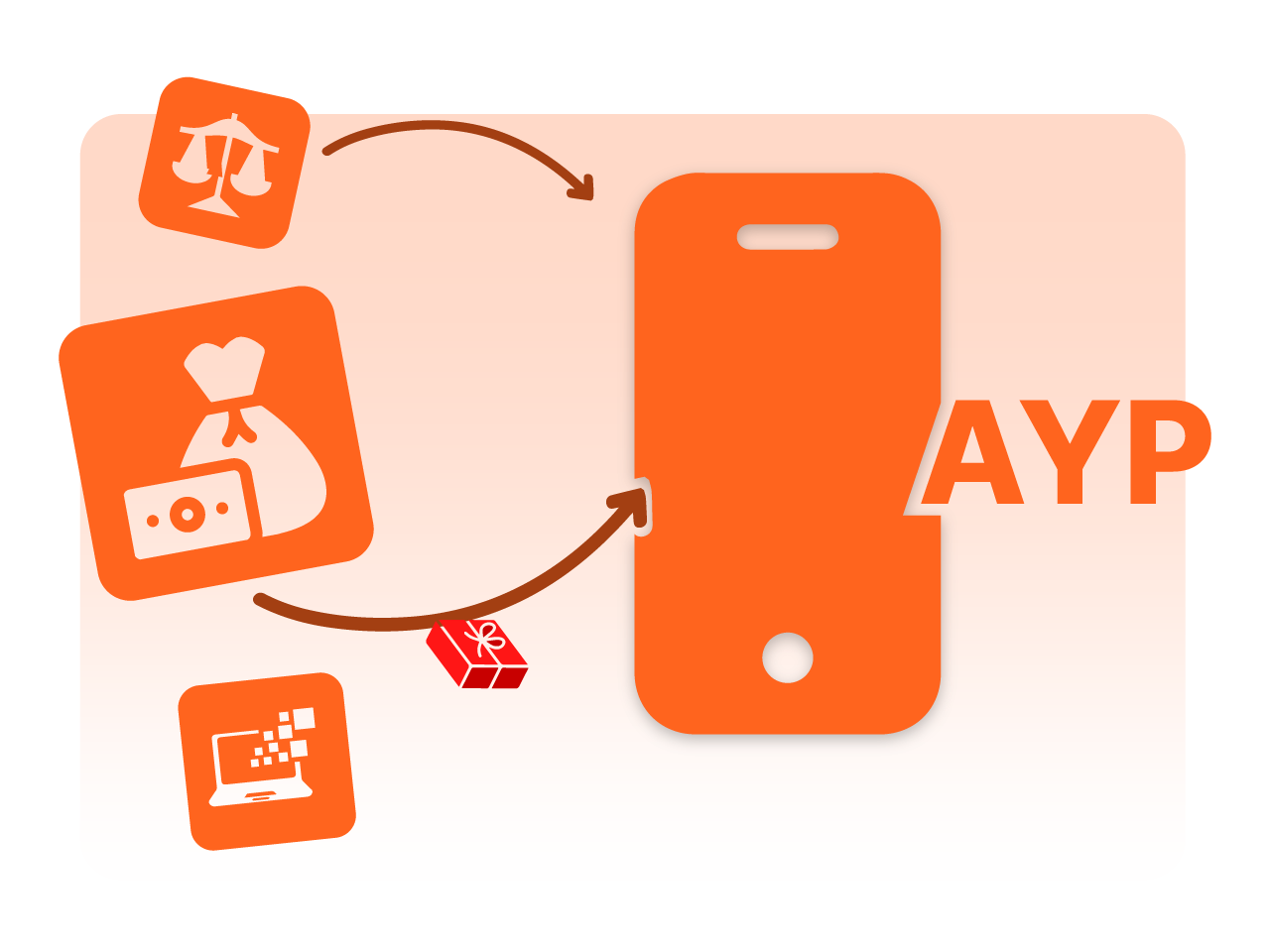
Forget about the lengthy and expensive process of setting up a legal entity – we’ll take care of all the HR, benefits, payroll, and tax needs for the employees.
Compliance with local employment laws
Reduced hiring time and cost
Minimized legal and financial risks
Dedicated HR support and expertise
Seamless onboarding and payroll management
Access to a wider talent pool
Our process is simple and efficient. First, we hire the employee on your behalf and become their official employer.
Then, we manage all legal and administrative tasks, including payroll, taxes, benefits, and compliance.
Finally, we work closely with you to ensure a smooth and successful onboarding process.
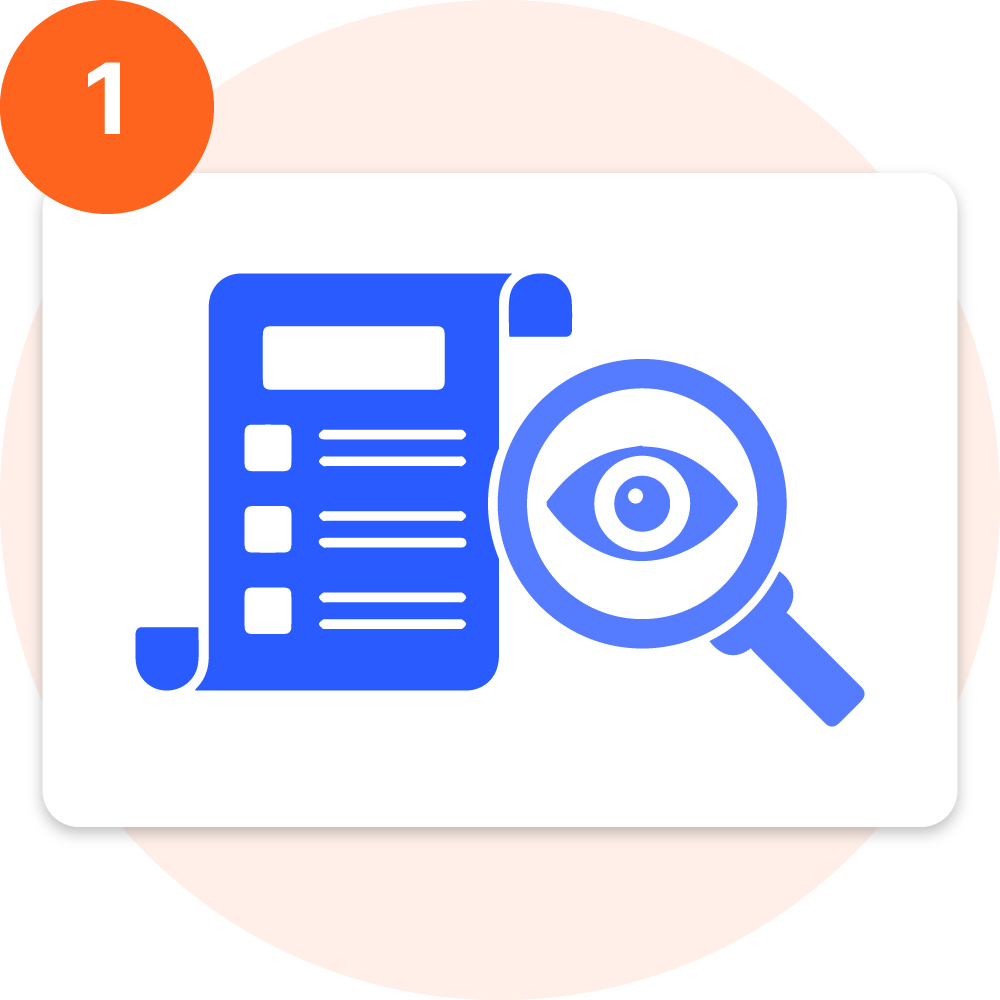
Our solution offers complete transparency in pricing, so you know exactly what you’re paying for and can manage your workforce costs more effectively.
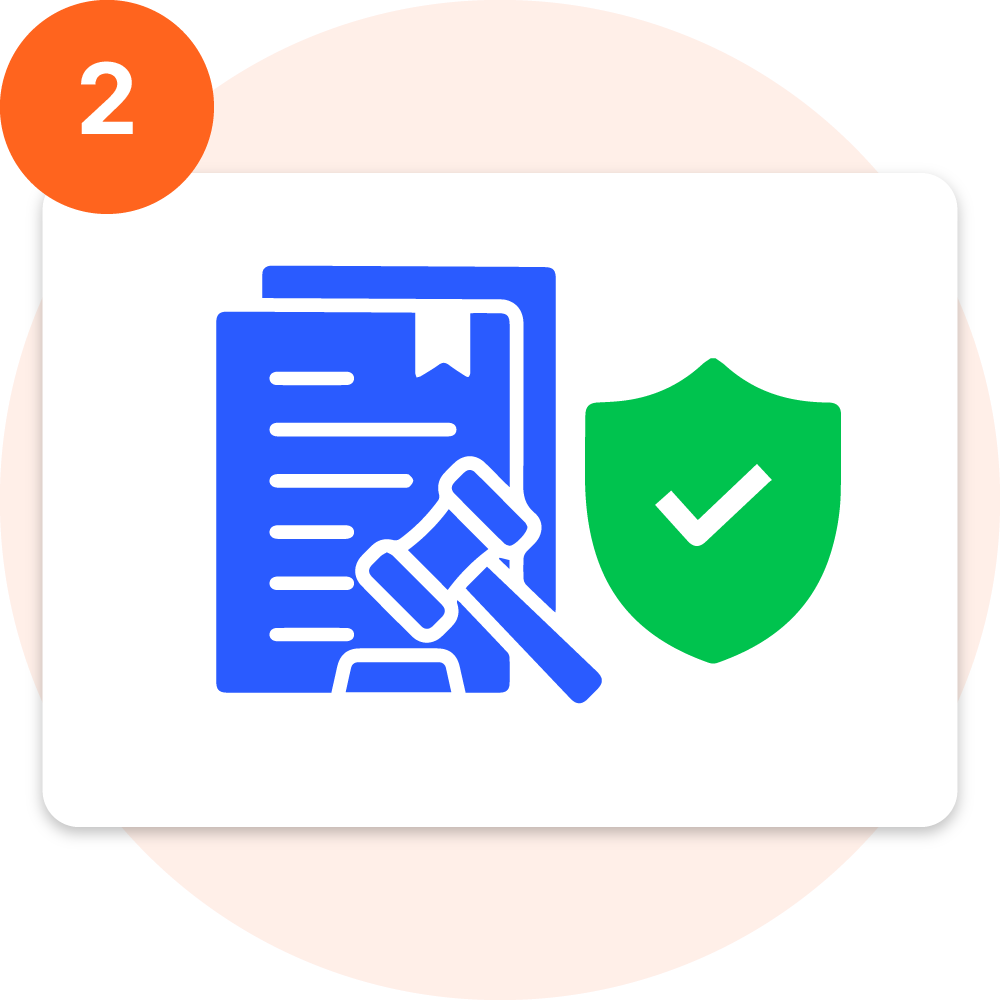
Our all-in-one compliance management system simplifies HR processes across jurisdictions, freeing up your time to focus on growing your business.

With our platform, you have access to local compliance experts who can guide you through the complexities of managing a distributed workforce, ensuring that you stay compliant with local laws and regulations.
Don’t let the complexities of employment laws in Philippines slow down your business growth. Choose our employer of record solution and simplify your hiring process.
The Philippines is a Southeast Asian country located in the western Pacific Ocean. It is made up of over 7,000 islands, which are grouped into three main geographical regions: Luzon, Visayas, and Mindanao. The country has a population of around 109 million people, making it the 12th most populous country in the world.
The country is a major exporter of semiconductors and electronic products, as well as clothing and accessories, coconut oil, and fruit.
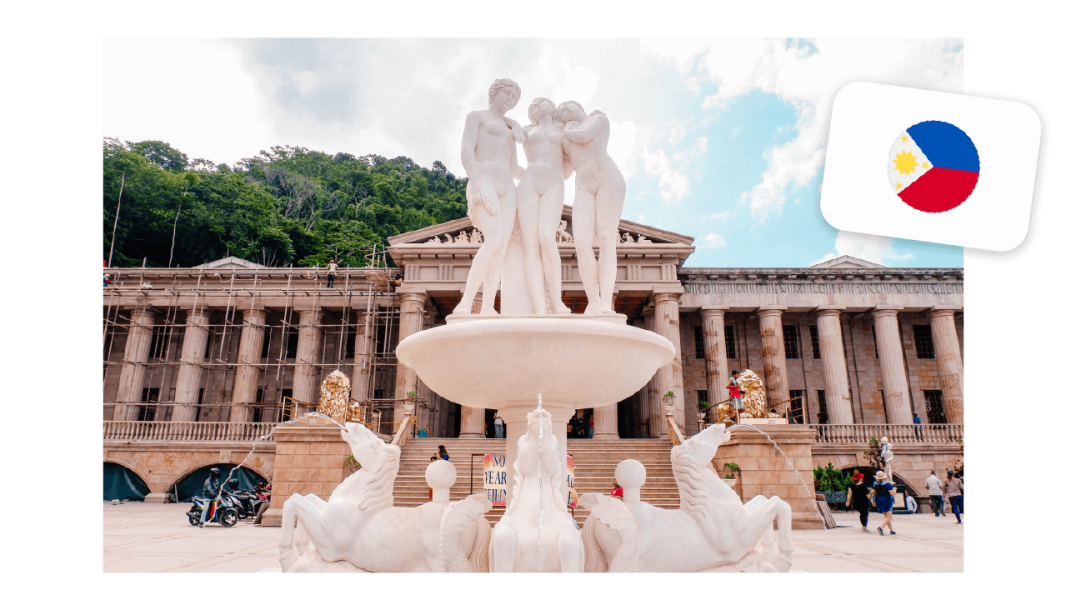
Manila
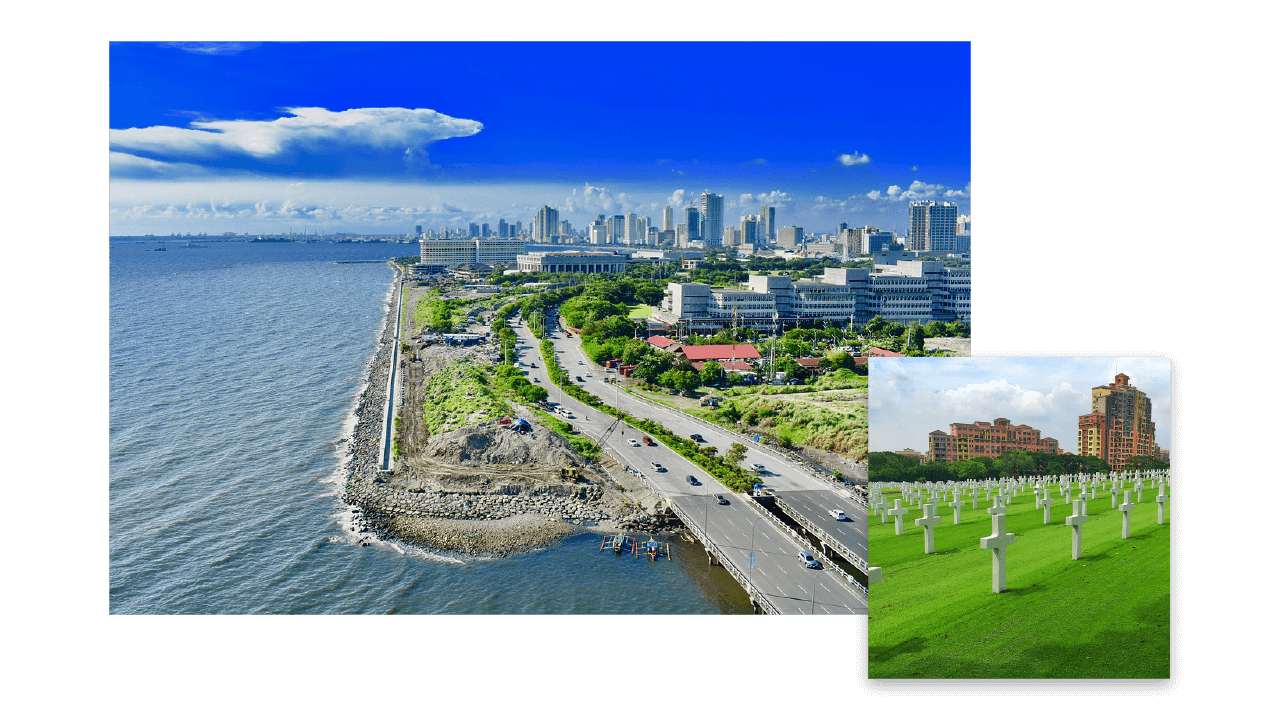
PHP (Philippine peso)

Tagalog

Presidential representative democratic republic

In the Philippines, employment contracts can be either fixed term or indefinite term.
An indefinite-term contract can be terminated by either the employer or the employee, but only for specific legal reasons, such as serious misconduct or gross negligence on the part of the employee, or the occurrence of business closure or serious financial losses on the part of the employer.
Both fixed-term and indefinite-term contracts must be in writing and must comply with the provisions of the Philippine Labor Code and other relevant laws.

The standard working hours are eight hours a day for five days a week, or a total of 40 hours per week.

Here is a list of national holidays in the Phillippines:
The Philippine Labor Code and other relevant laws provide for certain mandatory benefits that must be provided by the employer to its employees, such as:
These benefits are administered by the Social Security System (SSS), a government-owned and controlled corporation that provides social protection to workers and their families in case of sickness, disability, maternity, old age, or death.
The employer is required to contribute a certain percentage of the employee’s salary to the SSS, along with a corresponding contribution from the employee.
These benefits are administered by the Philippine Health Insurance Corporation (PHIC), also known as PhilHealth, a government-owned corporation that provides health insurance coverage to eligible employees and their dependents.
The employer is required to contribute a certain percentage of the employee’s salary to PhilHealth, along with a corresponding contribution from the employee.
These benefits are intended to provide financial security to employees during their retirement years.
The employer may provide retirement benefits to its employees through a retirement plan or pension scheme, which may be funded by the employer, the employee, or both.
| Cookie | Duration | Description |
|---|---|---|
| cookielawinfo-checkbox-analytics | 11 months | This cookie is set by GDPR Cookie Consent plugin. The cookie is used to store the user consent for the cookies in the category "Analytics". |
| cookielawinfo-checkbox-functional | 11 months | The cookie is set by GDPR cookie consent to record the user consent for the cookies in the category "Functional". |
| cookielawinfo-checkbox-necessary | 11 months | This cookie is set by GDPR Cookie Consent plugin. The cookies is used to store the user consent for the cookies in the category "Necessary". |
| cookielawinfo-checkbox-others | 11 months | This cookie is set by GDPR Cookie Consent plugin. The cookie is used to store the user consent for the cookies in the category "Other. |
| cookielawinfo-checkbox-performance | 11 months | This cookie is set by GDPR Cookie Consent plugin. The cookie is used to store the user consent for the cookies in the category "Performance". |
| viewed_cookie_policy | 11 months | The cookie is set by the GDPR Cookie Consent plugin and is used to store whether or not user has consented to the use of cookies. It does not store any personal data. |
